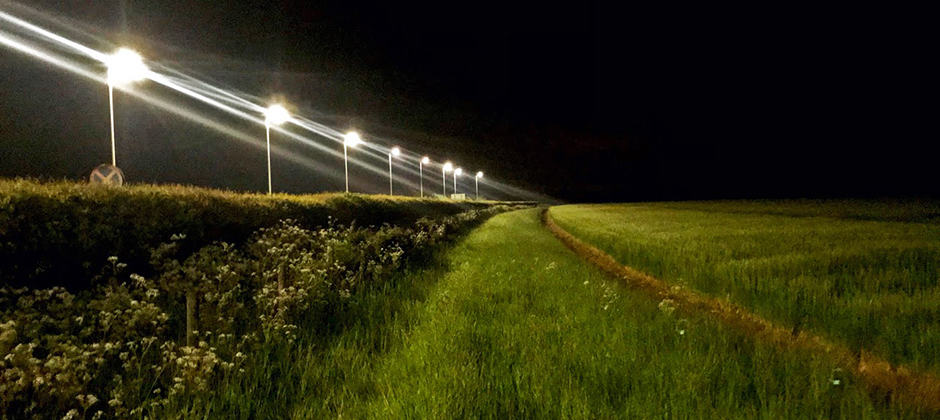- News
-
-
-
-
-
Latest News Articles
- Q&A: TEK and the wildlife profession April 24, 2024
- History may point to a brighter future for Canada lynx April 24, 2024
- New maps expand picture of big-game migrations in the West April 23, 2024
-
-
-
- Wildlife Professional Resources
-
- Our Network
-
- PUBLICATIONS
-
-
Recent Posts
-
 The Wildlife Professional November/December Issue
November 1, 2023
The Wildlife Professional November/December Issue
November 1, 2023
-
-
-
-
-
-
- Wildlife Events
-
-
-
Upcoming Webinars
- No Events
-
-
-
- Who We Are
-
Tag: insect declines

September 20, 2021
LEDs may cause more insect declines than other lights
LED lights’ energy saving properties are making them increasingly common, but they may repel some insects at higher rates than older, halogen-style streetlamps. “We don’t really understand the cause of...

